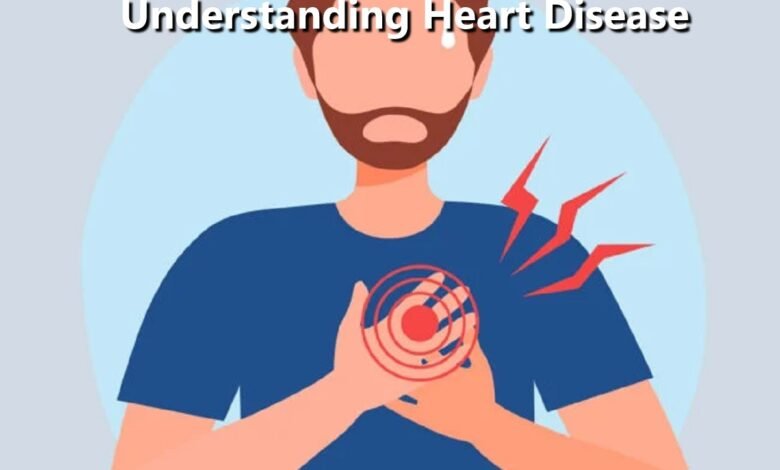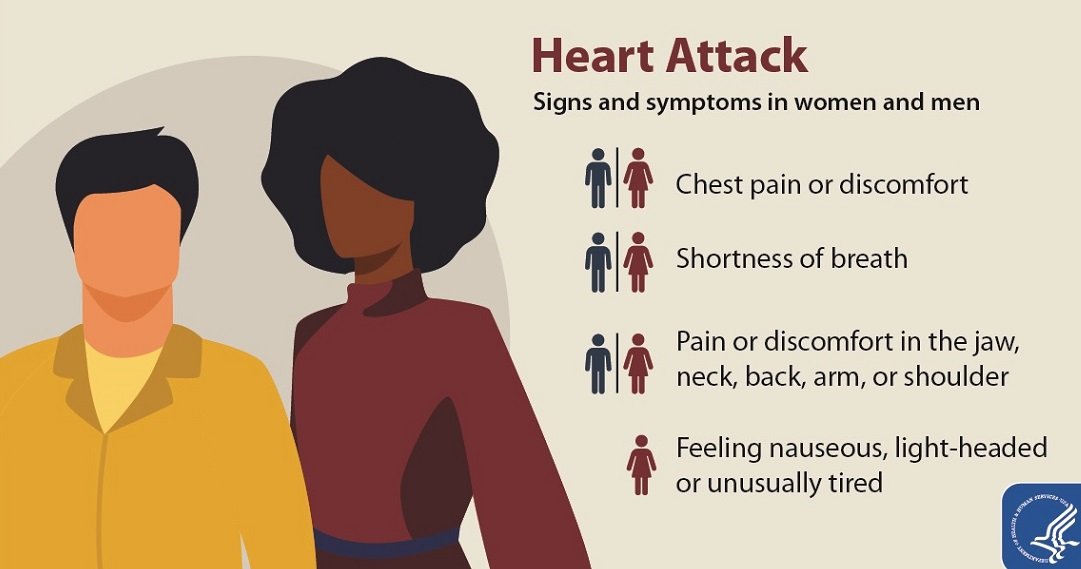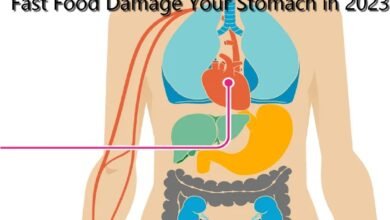Understanding Heart Disease Types and Causes and Treatment in 2023: A Comprehensive Guide

Heart disease is one of the leading causes of death worldwide, and it affects millions of people every year. Understanding heart disease types and causes and treatment in 2023 is critical to improving patient outcomes and reducing the burden of this condition on healthcare systems. In this article, YezzBuzz will explore the different types of heart disease, their causes, and the latest treatments available. Whether you’re a patient, caregiver, or healthcare professional, this guide will provide you with the knowledge you need to make informed decisions about managing heart disease.
Types of Heart Diseases
The heart is a complex organ, and there are several types of heart disease that can affect its function. Here are some of the most common types of heart disease:
Coronary Artery Disease
Coronary artery disease is the most common type of heart problem. It occurs when the arteries that supply blood to the heart become narrowed or blocked by a buildup of plaque. This can lead to chest pain (angina), heart attacks, and other complications.
Arrhythmias
Arrhythmias are abnormal heart rhythms that can cause the heart to beat too fast, too slow, or irregularly. Some arrhythmias are harmless, but others can be life-threatening and require treatment.
Heart Failure
Heart failure occurs when the heart cannot pump enough blood to meet the body’s needs. This can be caused by a variety of factors, including coronary artery disease, high blood pressure, and certain medications.
Valvular Heart Problem
It occurs when the heart’s valves become damaged or diseased, preventing them from working properly. This can lead to a range of symptoms, including chest pain, shortness of breath, and fatigue.
Causes of Heart Diseases

Heart disease is a complex condition that can be caused by a variety of factors. Here are some of the most common causes of heart disease:
High Blood Pressure
High blood pressure, also known as hypertension, is a leading cause of heart problems. When the force of blood flowing through the arteries is too high, it can damage the blood vessels and lead to a variety of cardiovascular problems.
High Cholesterol
High levels of cholesterol in the blood can contribute to the development of plaque in the arteries, which can cause them to narrow and restrict blood flow to the heart. This can lead to heart attack, stroke, and other complications.
Smoking
Smoking is a major risk factor for heart disease, as it damages the blood vessels and increases the risk of plaque buildup in the arteries.
Diabetes
Diabetes is a condition in which the body is unable to properly regulate blood sugar levels. Over time, high blood sugar levels can damage the blood vessels and lead to cardiovascular problems.
Family History
If you have a family history of heart disease, you may be at an increased risk of developing the condition yourself.
Age
As we age, our risk of developing heart disease increases. This is partly due to the fact that our blood vessels become less flexible over time, making it harder for blood to flow through them.
Sedentary Lifestyle
Lack of physical activity and a sedentary lifestyle can contribute to the development of heart disease, as regular exercise helps maintain healthy blood vessels and reduce the risk of plaque buildup.
It’s important to understand the causes of heart disease so that you can take steps to reduce your risk. By making lifestyle changes such as quitting smoking, exercising regularly, eating a heart-healthy diet, and managing other medical conditions such as high blood pressure, high cholesterol, and diabetes, you can help reduce your risk of heart disease and maintain a healthy heart.
Treatment of Heart Diseases
Treatment of heart problems is a critical aspect of managing this condition and improving patient outcomes. The treatment plan for heart disease will depend on the type and severity of the condition, as well as the patient’s overall health status.
Here are some of the most common treatments for heart problems:
Medications
Medications are often used to treat heart conditions, including high blood pressure, arrhythmias, and heart failure. Some medications can also help reduce the risk of heart attacks and other complications. Examples of medications commonly used to treat heart disease include ACE inhibitors, beta-blockers, diuretics, and statins.
Procedures
In some cases, procedures may be necessary to treat heart problems. For example, angioplasty and stenting can be used to open blocked or narrowed arteries, while bypass surgery can be used to create new routes for blood flow to the heart. Other procedures used to treat heart problems include heart valve surgery, implantable devices such as pacemakers and defibrillators, and heart transplant surgery.
Lifestyle Changes
Making lifestyle changes can also help manage heart problems. Quitting smoking, exercising regularly, and eating a heart-healthy diet can all help reduce the risk of heart disease and improve overall health. Patients may also need to manage other medical conditions such as high blood pressure, high cholesterol, and diabetes to reduce their risk of heart problems.
Read More: Five Tips for a Healthy Lifestyle in 2023.
Cardiac Rehabilitation
Cardiac rehabilitation is a program of exercise and education designed to help patients with heart problems improve their health and reduce their risk of future heart problems. This program may include exercise training, education on heart-healthy habits, and counseling to help patients manage stress and anxiety.
It’s important for patients with heart disease to work closely with their healthcare provider to develop a treatment plan that meets their individual needs. By following the prescribed treatment plan and making lifestyle changes, patients with heart disease can manage their condition and reduce their risk of complications.
FAQs
Q: What are some common causes of heart disease? A: Some common causes of heart problems include high blood pressure, high cholesterol, smoking, diabetes, family history, and a sedentary lifestyle.
Q: How can I reduce my risk of heart disease? A: You can reduce your risk of heart problems by making lifestyle changes such as quitting smoking, exercising regularly, eating a heart-healthy diet, and managing other medical conditions such as high blood pressure, high cholesterol, and diabetes.
Q: Can heart disease be cured? A: While there is no cure for heart problems, they can be managed through medications, procedures, lifestyle changes, and cardiac rehabilitation.
Q: What should I do if I think I have heart disease? A: If you think you have a heart problem, it’s important to see a healthcare provider as soon as possible. They can perform tests to diagnose the condition and develop a treatment plan tailored to your individual needs.
Conclusion
It is crucial for anyone who wants to maintain a healthy heart and prevent heart problems. There are several types of heart disease, and each has its own unique set of causes and risk factors. By making lifestyle changes, managing other medical conditions, and following a prescribed treatment plan, patients with heart disease can manage their condition and reduce their risk of complications. It’s important to work closely with a healthcare provider to develop a personalized treatment plan that meets your individual needs. With proper care and management, patients with heart disease can lead healthy and fulfilling lives. heart attack












One Comment